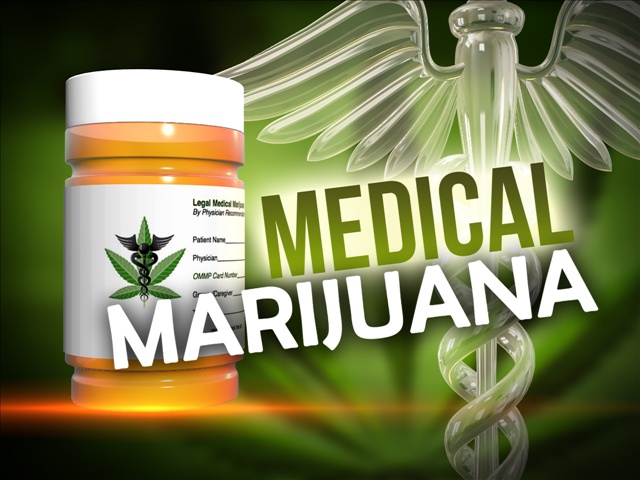Dr Stephen Child: Lets not rush to legalise ‘medical’ cannabis
 NZ Herald 8 August 2017
NZ Herald 8 August 2017
Family First Comment: A superb commentary by someone who knows and without an agenda! (unlike the Drug Foundation)
“There are problems with the current discussion of law reform and the legalisation of cannabis in New Zealand. Medical information is being touted as fact and certainty rather than providing an understanding of the benefits and risks associated with taking cannabis. As part of the medical community I am concerned when I hear any treatment touted as a wonder cure without a strong evidence base and an understanding that all treatments also have risks. Kiwis could be forgiven for thinking cannabis is one such wonder cure as we see and hear very little about its risks and negative effects. This is a gross misrepresentation of the medicinal value of the substance.”
Contrast this article with one from the Drug Foundation that says “Our new model drug law proposes removing criminal penalties for personal possession and use of ALL drugs”.
Yep – ALL drugs. P. Cocaine. All of them.
Scary.
#saynopetodope.nz
There are problems with the current discussion of law reform and the legalisation of cannabis in New Zealand. Medical information is being touted as fact and certainty rather than providing an understanding of the benefits and risks associated with taking cannabis.
As part of the medical community I am concerned when I hear any treatment touted as a wonder cure without a strong evidence base and an understanding that all treatments also have risks. Kiwis could be forgiven for thinking cannabis is one such wonder cure as we see and hear very little about its risks and negative effects.
This is a gross misrepresentation of the medicinal value of the substance.
Cannabis contains over 104 different chemical products within its leaves. Some of these chemicals have shown small benefits in some conditions just as they have also shown risks.
Legalising the taking of some leaves which contain unknown products and their quantities means that it is impossible to assess the benefits and risks of the product itself; as such it is not a “medicinal product”. I do not believe there is adequate research into using cannabis as a medical drug to responsibly calculate whether those risks outweigh the benefits.
There are over 10,000 studies conducted on the use of cannabis for medical purposes. For a few conditions such as MS, some types of muscle spasms, some types of pain and nausea, cannabis has proven to be effective albeit often with small effect and less than current available products also.
The same studies also highlight side effects such as increased mental health issues including suicide rates, depression, anxiety and schizophrenia.
We have not looked closely enough at the financial impact that legalising medicinal cannabis would have on the New Zealand medical system and in particular, the mental health system.
Mental health illnesses are under-funded and under-resourced. Our system won’t cope with a spike in numbers caused by legalisation and the stresses from those withdrawing from addiction. Currently there are only 20 detox beds available in Auckland’s public health sector and most of those are still funded by donations.
What about health sector strain due to increases in car crashes and fatalities on our roads? People will drive under the influence. One year after legalisation, Colorado reported increases in marijuana-related traffic deaths (32 per cent) and emergency room visits (29 per cent).
How will loosening cannabis laws affect our youth? Will we see abuse of the system and easier accessibility through medicinal legalisation?
Have we analysed reputable data, from well-constructed studies, in similar countries? We need credible information to know whether teen cannabis use will increase smoking, crime, rates of depression and youth suicide.
The previous Leader of the Opposition, Andrew Little, called for more information on possible health issues if New Zealand was to go through drug reform, saying, “What underlies the drug use is usually problems with addiction. We have a massive shortage of supply of, for example, addiction counselling…
“Even reasonably modest cannabis use can have long-term negative effects on the human brain… The big thing for me is, if you liberalise or decriminalise what does that mean for access for younger people? We’ve got to make sure we’re not creating other health problems by greater liberalisation.”
Underpinning all of this, is the paradox that New Zealand finds itself in right now. How can we tout “Smokefree 2025” while we discuss legalising an inhaled product with more than 100 harmful substances?
Smoking is a risk. Smoking cannabis may increase the risk of stroke, heart attack and respiratory illnesses.
READ MORE: http://www.nzherald.co.nz/nz/news/article.cfm?c_id=1&objectid=11899707







